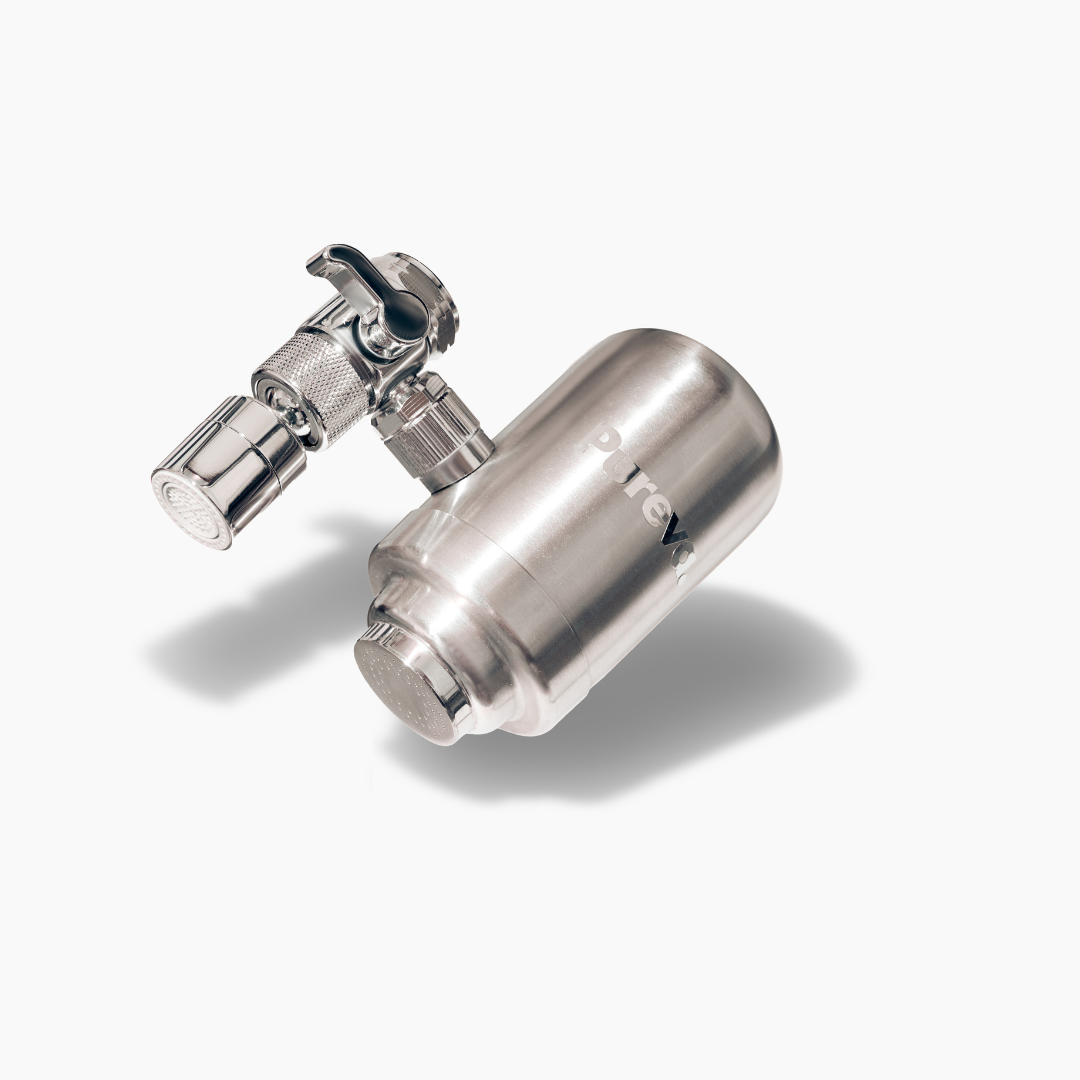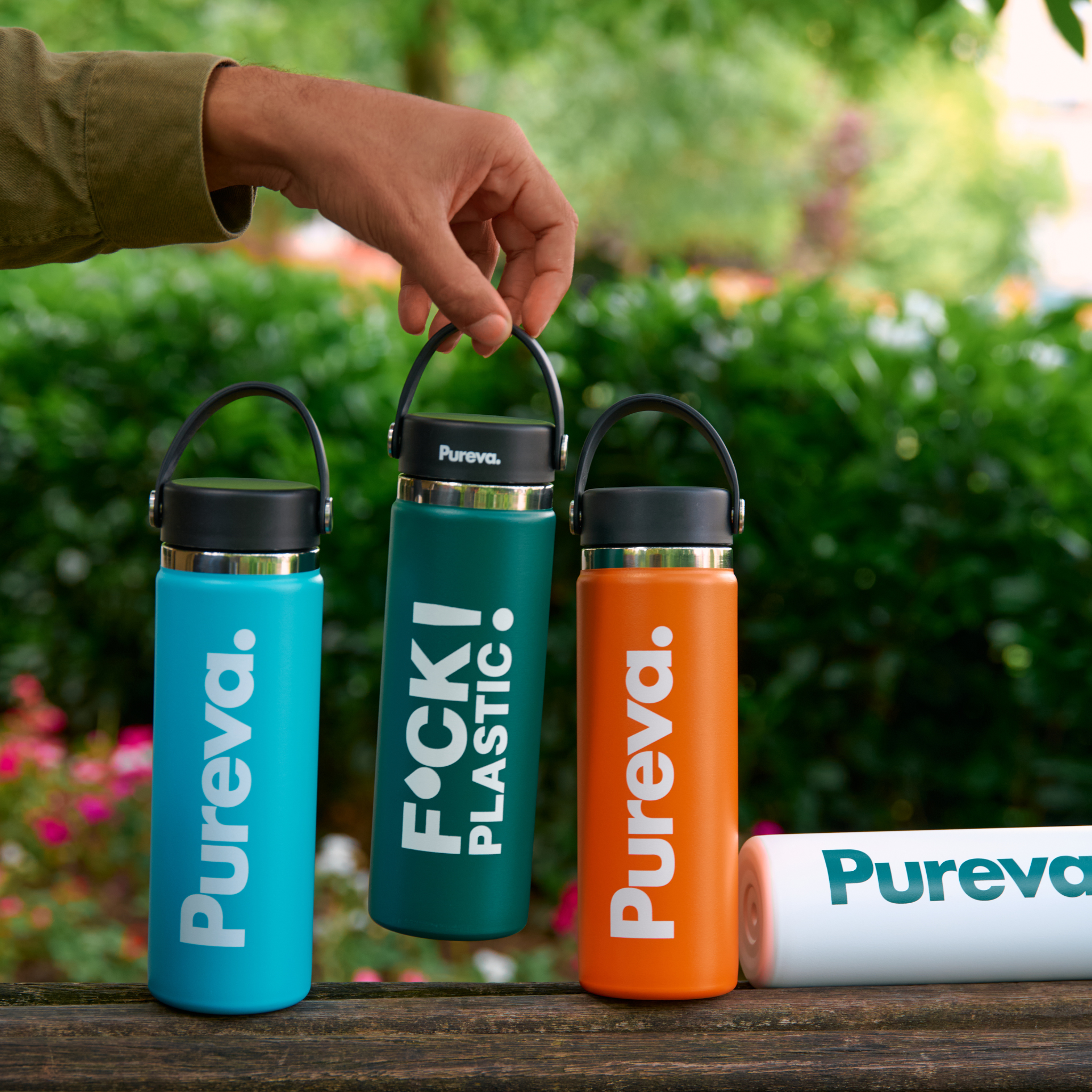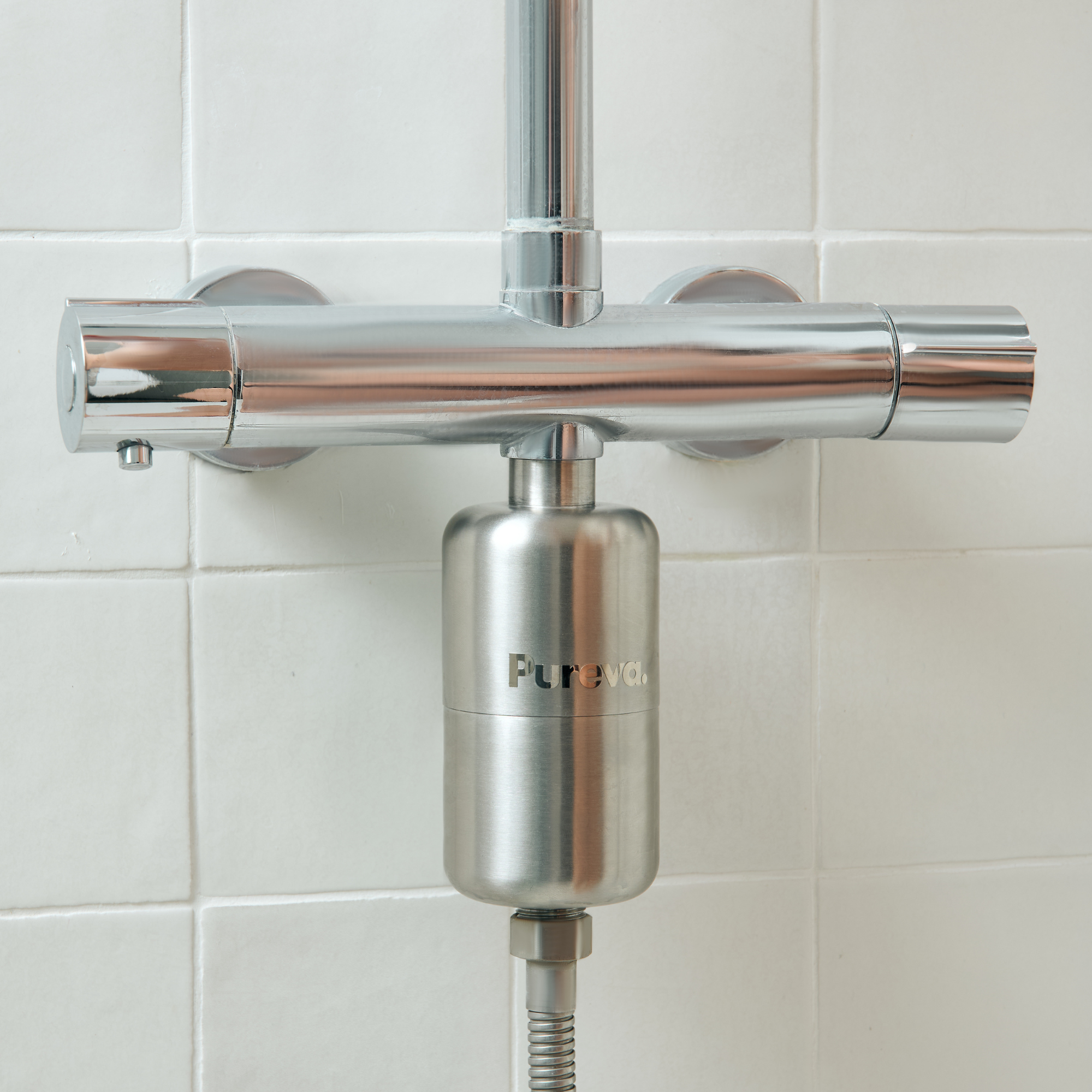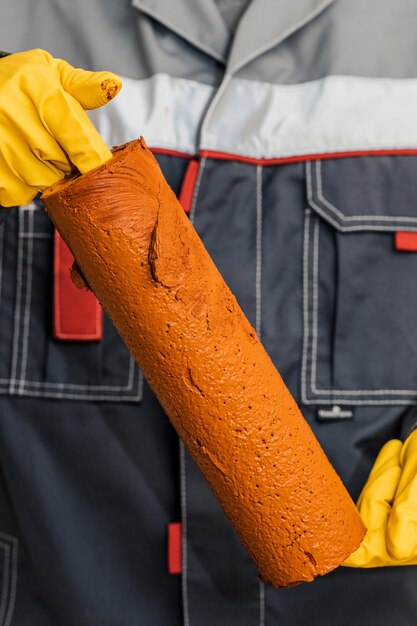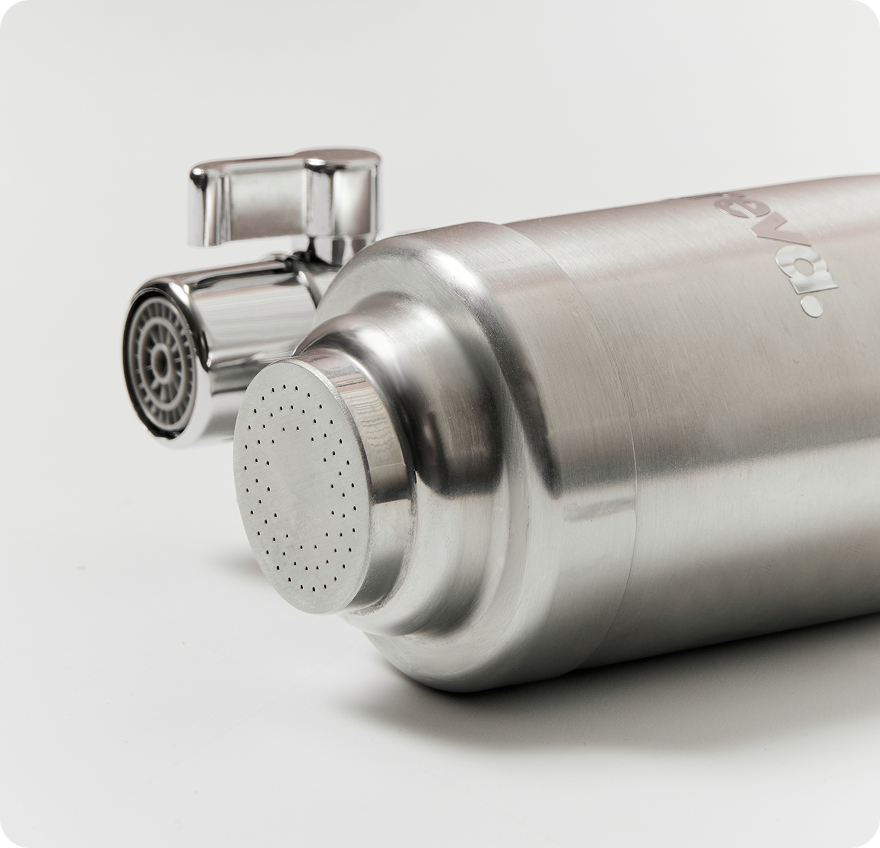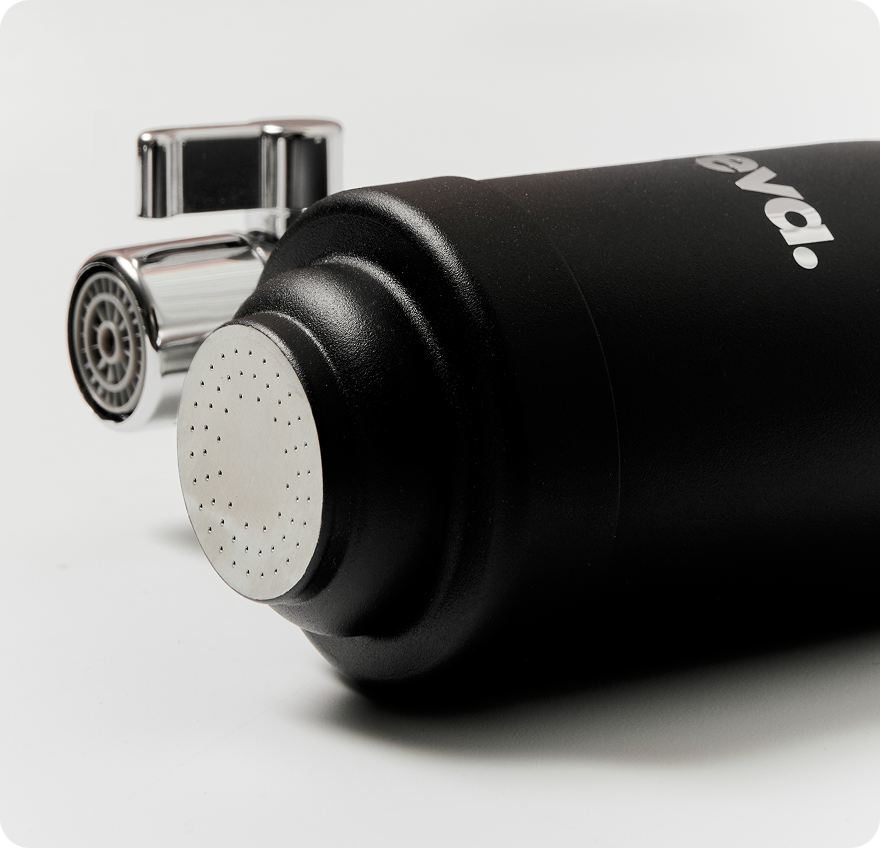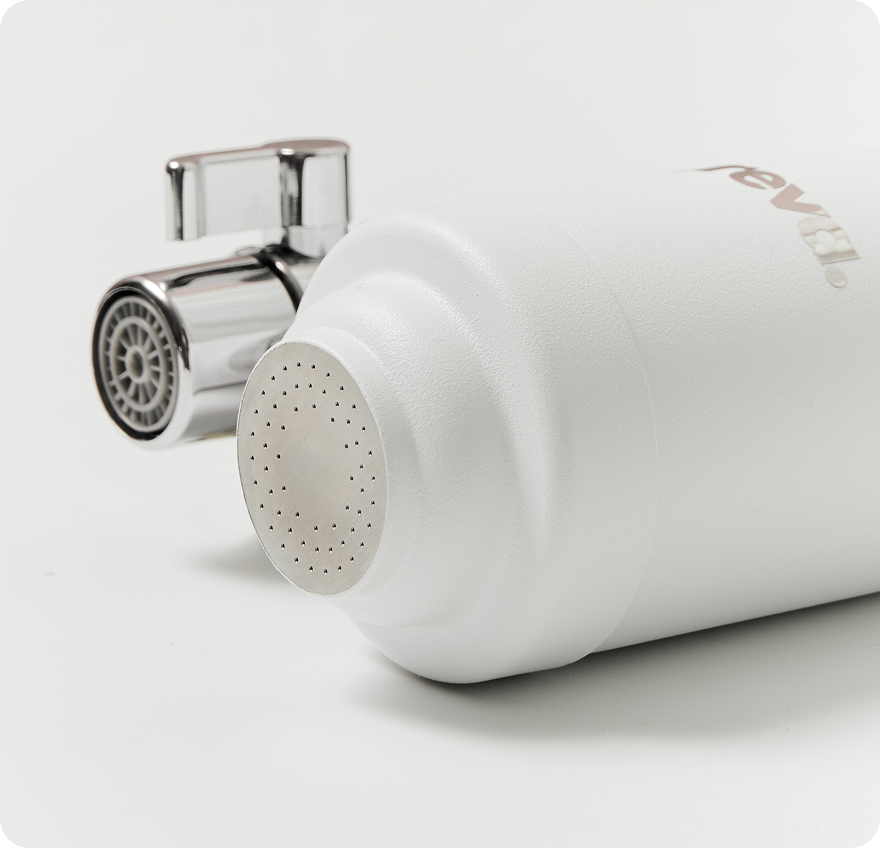How to clean a water filter?
It's no secret that tap water is increasingly polluted. One-third of the drinking water supplied through taps in France is contaminated by a pesticide (chlorothalonil metabolites), which has been banned since 2019. It may also contain heavy metals and microplastics.
To address this, several types of water filters are available to consumers, including filters installed upstream of the home's water supply or food filters such as Pureva technology . Regardless of the type of water filter you have, regular cleaning can increase the lifespan of the filters. However, note that properly cleaning a water filter that has impurities and significant signs of wear will have no effect on the filtration quality. At this point, a change is necessary!
Don't wait until it's too late: here are our tips for cleaning and maintaining your water filter.
How to clean a 50 micron and above water filter?
Water filters of 50 microns and above are commonly used in domestic drinking water systems to remove large, visible particles such as sand, gravel, and rust. However, they are not as effective for finer particles and microorganisms. They are usually cleaned by backwashing, activated by a button that activates a turbine inside the filter cartridge. This process allows for quick and self-cleaning of the filter, extending its lifespan and ensuring effective filtration. Therefore, you do not need to do anything in these cases other than activate the automatic mechanism.
How to clean a food water filter?
It is entirely possible to clean a food water filter . However, it is recommended to replace them directly. This increases their efficiency and guarantees that the filter is fully functional. To make your life easier, at Pureva we offer, for example, a subscription that includes filter replacement! However, here are some guidelines if you still want to clean them.
For ceramic filters
Well-maintained ceramic filters can be used as long as they are not cracked, punctured, or broken. You can brush your filters with a nylon brush if your water contains a significant amount of suspended particles. Alternatively, you can place your filters in water that has been previously boiled for a few minutes. This will help keep them sterile.
For technologies using activated carbon
It's crucial to clean your activated carbon filters regularly, especially if you have hard water. Use a nylon brush and rinse them under cold or lukewarm water. Never use soapy water, vinegar, or any other cleaning product, as this will damage your filters. Activated carbon can deteriorate and lose its effectiveness if chemicals are used during cleaning.
Why clean your water filters?
Would you like to enjoy fresh, clear, and healthy water with every sip? Whether you use a softener, a pitcher with an integrated filter, or a reverse osmosis system, these water filtration systems offer many options for improving the quality of your tap water. However, it's important to know that these systems don't last forever and lose effectiveness over time. That's why it's essential to clean your water filters regularly to maintain their optimal performance and ensure quality water:
- Because filters in poor condition can let through all kinds of impurities, bacteria, chemicals and, in the worst case, harmful substances and pathogens.
- Second, because they could become clogged. Indeed, a buildup of particles would retain the water, leading to a decrease in the pressure of your faucets and various household appliances.
- On the other hand, a dirty filter will let bad tastes and odors pass through more easily.
Finally, if you go on vacation or don't use your filter for a while, it will become a real breeding ground for bacteria, even if you have a water softener. It's best to replace it immediately.
How often should you change your water filter?
Wondering when to change your water filter cartridges? There are several factors to consider. Generally, it's recommended to replace them every six months at the most. However, you should consider your usage and the type of filter you use.
In the case of activated carbon water filters with a size between 0.1 and 5 microns, it is advisable to change the filter:
- Every six weeks for single-person use;
- Every month for use by two to three people;
- Every three weeks for groups of four or more.
In addition to the number of people and the amount of water used, the micron size of your filter should also be considered. For example, a 5- to 20-micron filter can be replaced every 4 to 6 months, while a 50- to 100-micron filter should be changed every 6 to 12 months at the most.
The hardness and quality of the water in your area are also important. The harder the water, the faster the filter will deteriorate. This will result in rapid saturation of the filter, which can be identified in several ways. The first indicator will be a drop in water pressure, which will result in a slower water flow. The second identifying factor will be the taste and odor of the water, which can become unpleasant. Finally, the third point to observe is the color of the filter cartridge. Completely white when new, it will turn grayish to brownish as soon as it begins to wear out. In these cases, the filter should be changed without delay.

